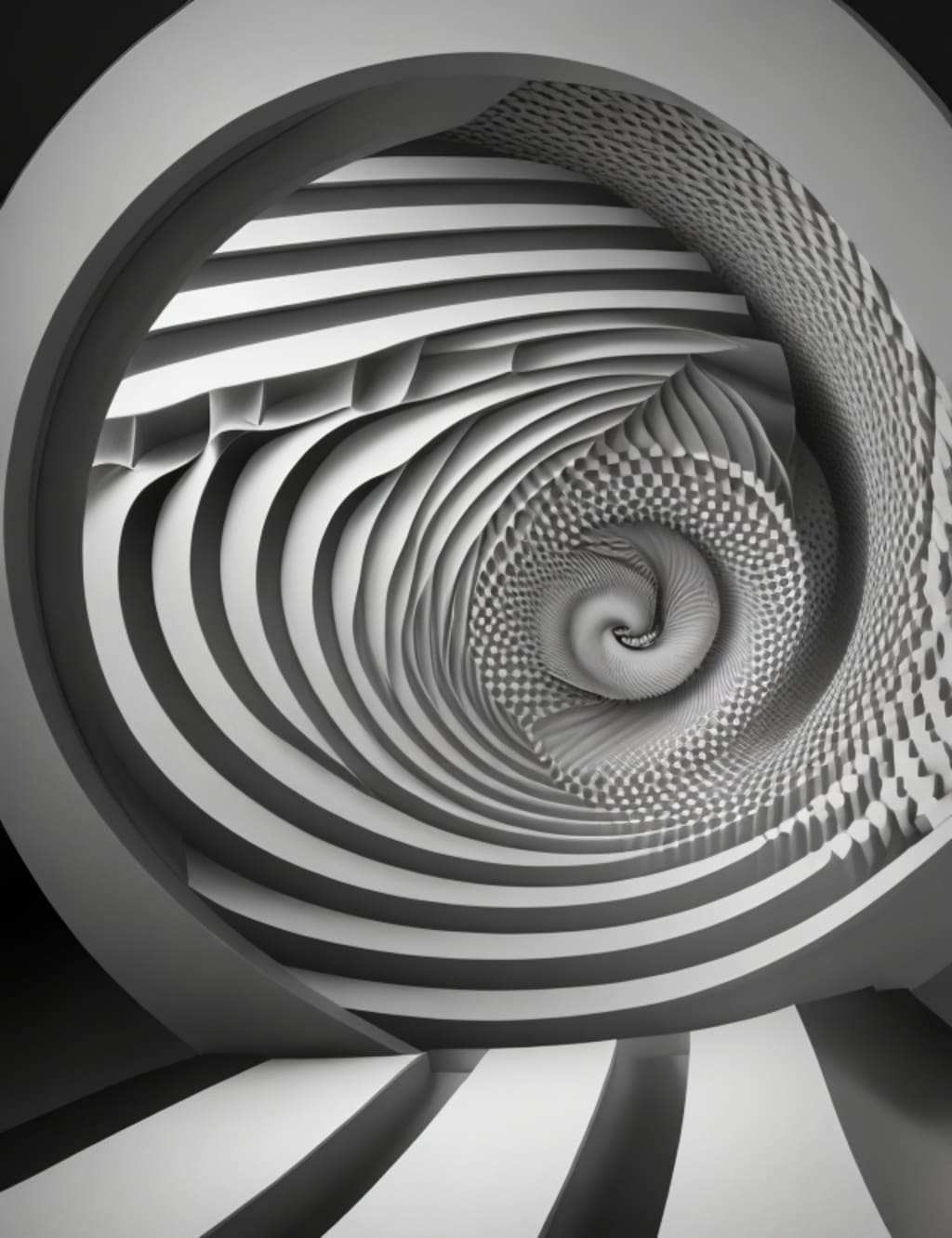Silent Perception: How Silence Influences our Perception of Time
Explore the intriguing concept of 'Silent Perception' and learn how silence influences our perception of time, leading to sensory illusions and challenging our understanding of human cognition.

In the grand symphony of life, silence often plays a mysterious, yet powerful part. More than just an absence of sound, it's a pause that gives room for introspection, a break from the constant clamor, and paradoxically, it can be 'heard' too! Can you imagine that? You see, recent breakthrough research has begun to peel back the layers of this intriguing concept, revealing how silence can significantly influence our perception of time. This concept of "Silent Perception" has far-reaching implications on our understanding of human cognition and sensory perception. But you might be wondering, how exactly does silence distort our sense of time? Let's dive into the heart of the matter.
A Symphony of Silence
A team of philosophers and psychologists, through extensive experiments, have made significant strides in demonstrating that humans indeed hear silence. You read it right! And not just that, this perceived silence can distort our perception of time, leading to intriguing sensory illusions. Let's delve deeper into these groundbreaking findings, shall we?
Silence Illusions: A Mind-Boggling Paradox
As counterintuitive as it might sound, silence can create illusions that alter our time perception. The researchers crafted these 'silence illusions' by adapting well-known auditory illusions, replacing the sounds with periods of silence. For instance, one such silence illusion, "one-silence-is-more", is a captivating adaptation of the "one-is-more" auditory illusion, where one long beep appears longer than two short beeps of equal duration. Here's the twist - when sounds were replaced by silence, people perceived one long moment of silence as being longer than two short moments of silence. Intriguing, isn't it?
Diving into the Depths of Perception
The question at hand isn't just whether silence can be perceived or heard, but rather how it distorts our perception of time. You see, our brains seem to process moments of silence just like they would treat sounds, lending to these intriguing illusions. So, while silence might represent an absence of sound, it's very much a part of our auditory experience, not just a cognitive inference. Just as an optical illusion can play tricks on your vision, these silence-based auditory illusions toy with your sense of time, extending or contracting it in ways that challenge our understanding of perception. Pretty mind-boggling, isn't it?
The Silence that Follows
But wait, the plot thickens! While silence, as we've discovered, can indeed distort our time perception, researchers are now setting their sights on how we perceive silences that are not preceded by sound. Moreover, they plan to delve into the realms of 'visual disappearances' and other facets of absence perception. Are you as excited as we are to see what these explorations unravel?
In Conclusion
Silent perception, it turns out, is an elaborate dance between the brain, ears, and time. What we've traditionally dismissed as 'just silence' is turning out to be a powerful player in our sensory experiences. The silence that surrounds us, the gaps between the cacophonies of life, are not merely voids but instrumental in shaping our perception of time. Who would've thought that the absence of sound could be so soundly impactful?
As researchers continue to explore the depths of silent perception, the findings could revolutionize our understanding of auditory processing, cognition, and the intricate ways in which our brain perceives the world around us. So the next time you find yourself amidst a moment of silence, remember, it's not just the absence of sound, it's an auditory experience of its own.
FAQs
Q1: What is silent perception?
A: Silent perception is a concept that denotes our ability to perceive or 'hear' silence and how it impacts our perception of time.
Q2: How does silence influence our perception of time?
A: According to recent research, silence can distort our perception of time by creating sensory illusions, similar to well-known auditory illusions, but with silence replacing the sounds.
Q3: Can humans genuinely hear silence?
A: Yes, humans can perceive or 'hear' silence. This claim is backed by research where participants could perceive silence, and it impacted their perception of time.
Q4: What are silence illusions?
A: Silence illusions are time perception distortions brought about by silence, adapted from known auditory illusions. One such illusion is the "one-silence-is-more" illusion, where a long moment of silence seems longer than two short moments of silence of equal duration.
Q5: How are researchers planning to expand this study?
A: Researchers plan to explore the extent to which people hear silences that are not preceded by sound. They also plan to investigate 'visual disappearances' and other examples of things that people perceive as absent.
Q6: What are the implications of these findings on our understanding of human cognition and sensory perception?
A: These findings can greatly enhance our understanding of auditory processing and cognition. The fact that silence can influence our time perception suggests complex and nuanced ways in which our brain perceives the world around us.





Comments
There are no comments for this story
Be the first to respond and start the conversation.